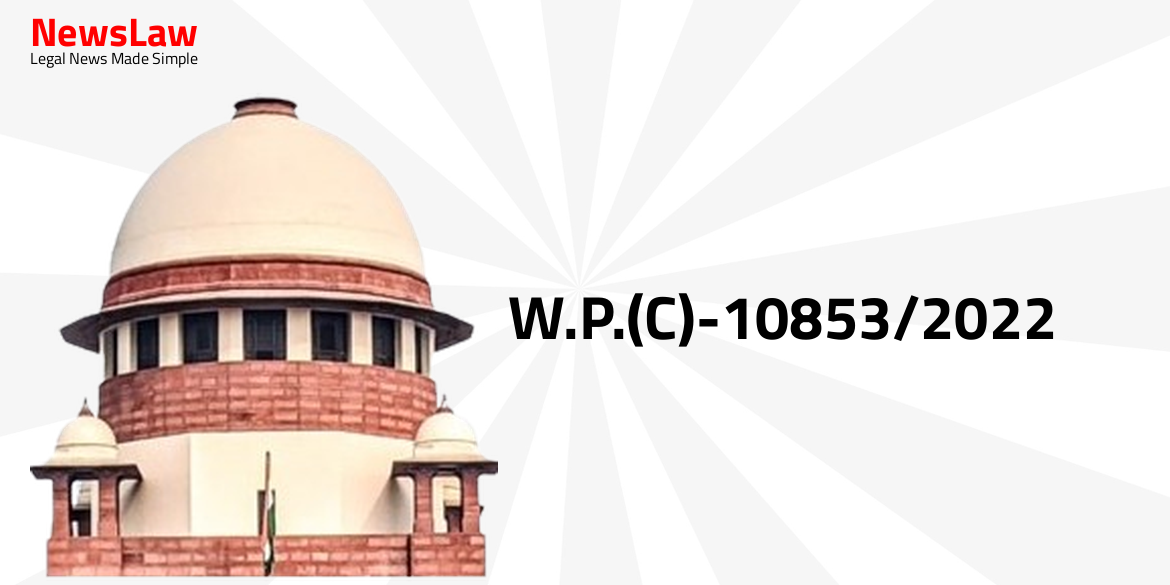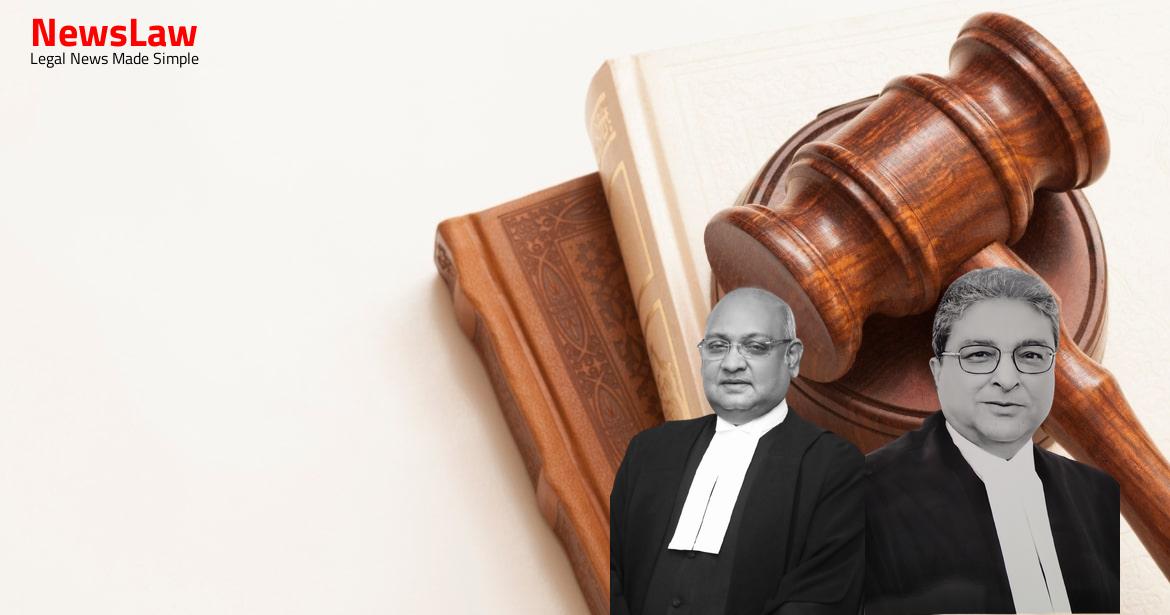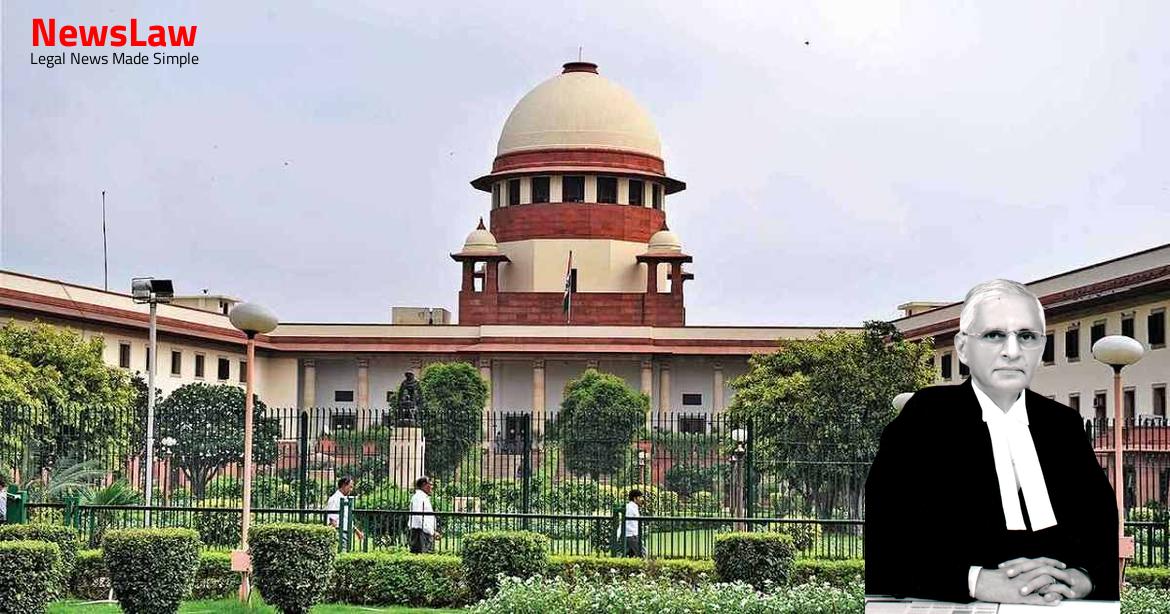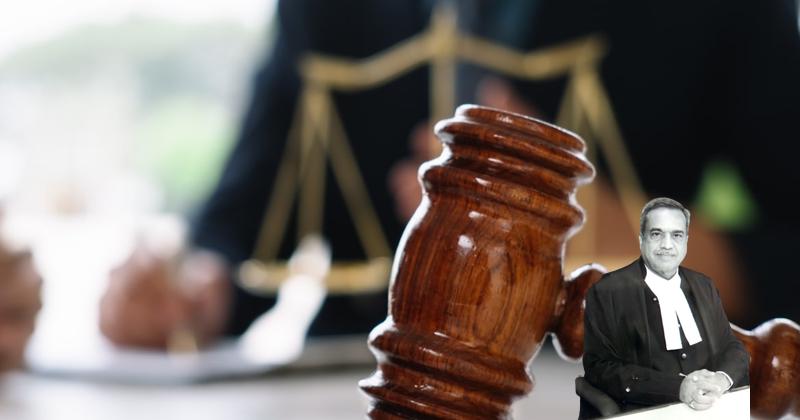Facts
- The writ petitions assail the validity of a Central Board of Indirect Taxes and Customs Instruction dated 09 July 2022.
- The Instruction was issued under Section 151A of the Customs Act, 1962 regarding the warehousing of imported capital goods for solar power generation.
- The petitions argue against the applicability of Manufacture and other Operations in Warehouse (No.2) Regulations, 2019.
- Various Show Cause Notices were issued based on the impugned Instruction, questioning the warehouse licenses of the petitioners.
- In W.P.(C) 12386/2022, a letter dated 23 August 2022 demanded a provisional duty bond for the release of imported goods.
- W.P.(C) 10838/2022 challenges the validity of the letter dated 19 July 2022, which cancelled a petitioner’s warehouse license.
- Imposition of BCD in 2022-23 led to a reduction in imports
- However, import of solar modules increased in 2023-24
- Data on imports of solar modules is provided in the chart
Issue
- Main issue involves whether Circular brought out a revenue legislation for imposing excise duty.
- Question on whether the suits must relate to the recovery of possession of immovable property in Greater Bombay.
- Adjudication needed on whether Section 37B of the Act is applicable.
- Issue of whether dominant purpose test or theory of apportionment applies to interpreting Section 14-A of the Act.
- Dispute over interpretation of ‘in relation to’ in the context of earning dividend income on shares.
Arguments
- The petitioner contended that the grant of a license under the MOOWR Regulations should be considered a judicial act.
- The cancellation of a license should also be viewed as a judicial act as it requires prior inquiry and investigation in line with principles of natural justice.
- The petitioners imported solar cells as capital goods, and the cancellation of their license without giving them the opportunity to clear the goods for consumption was deemed invalid.
- The Union Budget 2023-24 excluded solar power plants and projects from Project Imports, indicating a policy decision to incentivize domestic manufacturing.
- The petitioners argued that the generation of electricity from solar panels qualified as manufacturing, making them eligible for benefits under the Act and Regulations.
- The petitioners challenged an Instruction that directed Customs officers to cancel licenses for solar power projects, alleging interference with statutory discretion.
- The Instruction was questioned for contravening the Proviso to Section 151A of the Act and the obligation to act independently and impartially.
- The petitioners contended that the MOOWR Regulations and Sections 61 and 65 did not exclude solar power generation from their ambit.
- The petitioners claimed that the solar cells they imported were outside the levy of customs duty at the time of import, refuting allegations of duty circumvention.
- It was argued that solar cells were exempt from duty until impacted by subsequent fiscal amendments, and the impact of duties was discussed in relation to imported and domestically manufactured solar cells and modules.
- Mr. Ghosh, representing ACME and AVAADA, raised concerns regarding the issuance of SCNs proposing to cancel their licenses due to the Customs authorities’ actions.
- The interpretation of Sections 61 and 65 of the Act was questioned by Mr. Ghosh, arguing that solar power generation should be permissible under Section 65.
- There were contentions about the period for retaining solar panels in warehouses and the duty deferral until clearance from those facilities, as per Section 61 of the Act.
- The argument emphasized the connection required between manufacturing/operations and warehoused goods under Section 65.
- Counsels explored the broader question of whether solar power generation falls under activities permitted by the Act.
- Various challenges were pending before different courts, urging a conclusive ruling on the scope of MOOWR Regulations concerning solar power generation.
- The phrase ‘in relation to’ was debated in terms of direct and indirect participation in manufacturing processes.
- Concerns were raised about the incorrect understanding of Sections 61 and 65 of the Act in the impugned Instruction, enabling valid warehouse housing and operations on capital goods.
- The arguments challenged the erroneous meaning attributed to Section 65 by the respondents and sought its rejection.
- The petitioners emphasized the importance of addressing the controversy and defining the scope of solar power generation activities under the Act, beyond the validity of the impugned Instruction.
Analysis
- Section 65A of the Act is not yet enforced.
- The MOOWR Regulations were promulgated on 01 October 2019.
- Regulation 5 of the MOOWR Regulations deals with the grant of permission to operate under the regulations.
- The power to cancel a license is conferred upon the proper officer of Customs under Section 58B of the Act.
- The MOOWR Regulations regulate the removal of resultant goods for home consumption or for export in Regulations 14 and 15.
- Section 151A of the Act empowers the Board to issue orders, instructions, and directions to officers of Customs for achieving uniformity in the classification of goods and the levy of duty thereon.
- Section 65 of the Act allows the owner of warehoused goods to carry out manufacturing processes or other operations with permission from the Principal Commissioner of Customs or Commissioner of Customs.
- Section 68 of the Act deals with the clearance of warehoused goods for home consumption.
- Regulations 3 to 6 of the MOOWR Regulations define the application and eligibility for operating under the regulations.
- The court emphasized the importance of upholding legislative intent as deciphered from the clear statutory language.
- The literal rule of interpretation was underscored, highlighting that when a provision is unambiguous, the court should not resort to other interpretative rules.
- Judicial restraint was suggested, indicating that departure from literal interpretation should be rare and only in exceptional cases.
- The court cited instances where the principle of literal interpretation was upheld even if it seemed to lead to unjust results.
- The need for judges to apply the statutory language without introducing personal views or preferences was emphasized.
- The concept of legislative purpose guiding judicial interpretation was discussed, with the intention of the legislature being the paramount consideration.
- An observation was made regarding the binding nature of circulars issued by the executive on quasi judicial authorities, highlighting the independence of such bodies in decision-making.
- The judicial discretion to choose interpretations that align with justice and reason, without deviating from the legislative intent, was acknowledged.
- The court cannot recreate or reassemble Section 65 to exclude a particular category of activity based on its working or perceived negative impact on domestic industry.
- An issue was raised about the demand for a provisional bond for release of goods in W.P. (C) 12386/2022.
- If solar power generation under Section 65 negatively impacts local generators or distorts the ‘level playing field’, it is up to the respondents to take appropriate remedial measures.
- The court cannot use principles of purposive interpretation to correct any perceived anomalies in the working of Section 65.
- Policy aspects cannot be a legitimate basis for the court to reconstruct a statutory provision.
- The court cannot introduce conditions of ineligibility under the guise of statutory interpretation.
Decision
- The Instruction of the Board dated 09 July 2022, mandating review of existing licenses and follow-up action, has been quashed.
- Detailed orders were passed on 04 August 2023 in response to Application for Directions (C.M. 36603/2023).
- The operation of the impugned Show Cause Notice was stayed by an order dated 26 August 2022, during the pendency of the writ petition.
- The writ petitions have been allowed based on the reasons stated.
- In W.P. (C) 10838/2022, an amendment application was moved by the petitioner in relation to the assailed Show Cause Notice.
- W.P.(C) 12386/2022 shall stand determined as per the conclusions recorded.
- The respective parties are directed to proceed further as per the issued directions.
Case Title: ACME AKLERA POWER TECHNOLOGY PRIVATE LIMITED Vs. CENTRAL BOARD OF INDIRECT TAXES AND CUSTOMS & ANR. (2024:DHC:3615-DB)
Case Number: W.P.(C)-10853/2022



